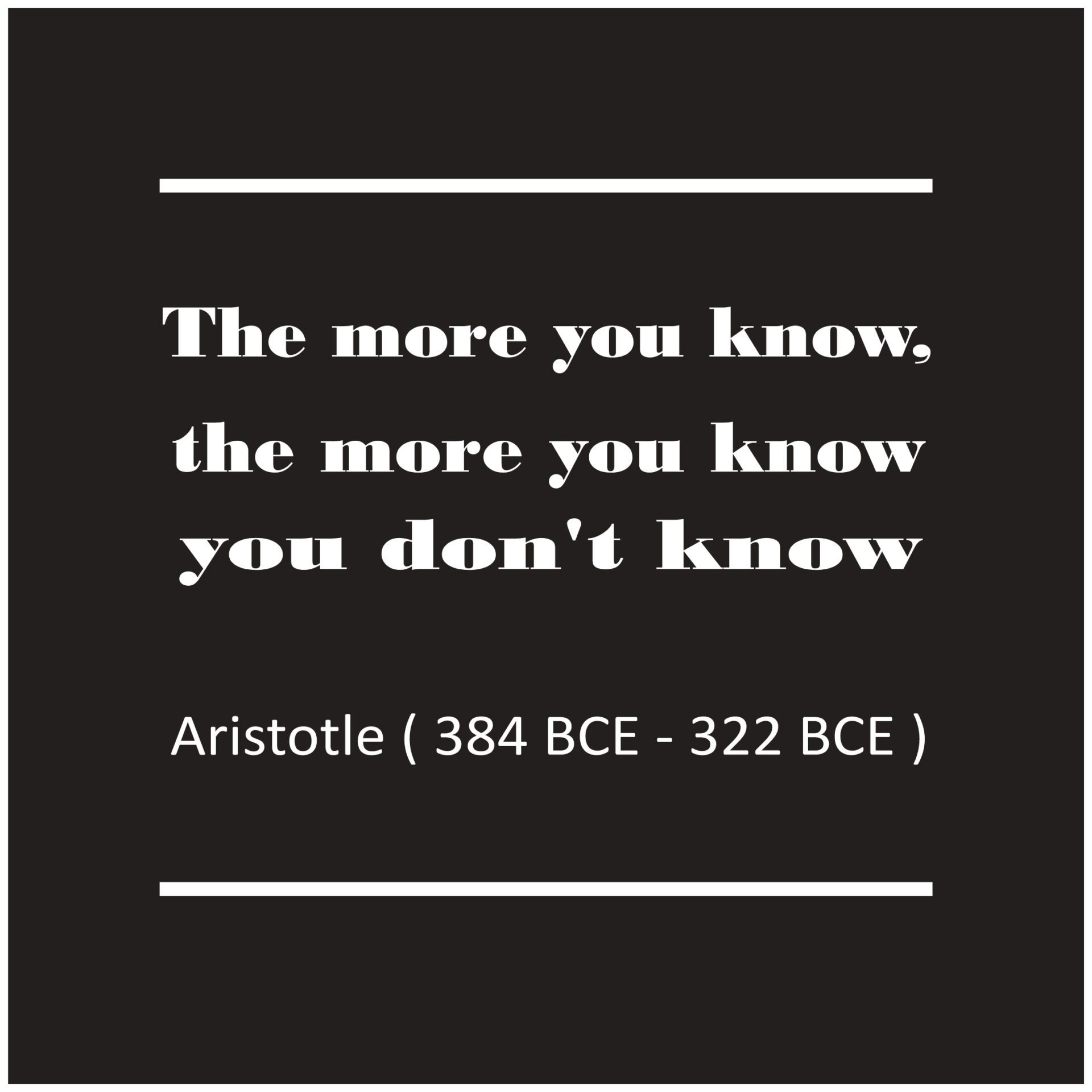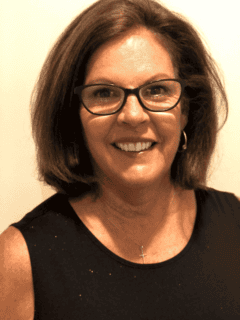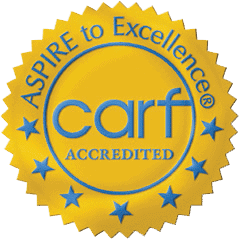
I get so annoyed when people make ambiguous statements like, “You’ll know when you know.” In my head I find myself wondering, “What will I know? How will I know when I know? When will I know what I know?” It would be better for people who think like me to just have someone tell us what we need to know, right? And then I realized many people, and I am one of them, just don’t listen so the only way we really learn is through experience.
For years I heard of places like CORE and read about people or organizations which advocated for individuals with disabilities. Guess what. Like millions of other people, individuals or families with individuals with disabilities didn’t have a direct impact on my life because no one in my immediate family had a disability; therefore, I didn’t think much about their circumstances.
My first close encounter with individuals with disabilities occurred when I became a teacher. However, I did not have to solve any issues because everything was planned out, reviewed, and then printed for me by an advocate: dedicated, hard-working, special education teacher who worked alongside the parent to help get the best education they could for their child. I followed the plan I was given, made the necessary classroom adjustments or changes to my curriculum, and reported back to the special-ed teacher when needed.
It wasn’t until I came to CORE as an Employment Specialist when I realized how much of an impact disabilities can have on individuals and their families. There is so much to say about this, I will save it for a blog of its own. I can tell you, we should all be advocating more strongly for these people.
However, what really made me aware of what I didn’t know was when a few incidents impacted me and someone in my family. A few years back I hurt my shoulder to the point I could not move it. I couldn’t style my hair with a blow dryer in one hand and a brush in the other, something I had done for 20 years. I could not tie my tennis shoes or slide a sweatshirt over my head. Buttoning a sweater with one hand took me forever. I had to wake up extra early for weeks to get to work on time because of all these daily activities I struggled to do but had always taken for granted I could. My shoulder healed and then the issues seemed minor because they only inconvenienced me for a short time, not a lifetime.
Another example of something I had never thought about occurred when my granddaughters stayed with me and I promised to take them to McDonalds. Unfortunately, I woke up in the morning with laryngitis. I could not get out a single word (which made my husband happy ) but going through the drive-up was out of the question.I thought maybe I could write a note to go inside for the order but the dining area was closed due to lack of employees. What? I wondered how deaf or mute people could order at a drive-thru. The idea had never crossed my mind. *Note – modifications for orders had to be made during Covid because dining areas were closed but I saw no signs of these at the McDonalds I visited. However, I was saved from my inability to speak by using the APP which came out in 2015 which allows customers to order and pay online. But that also only works if a person has a phone, wifi, and a credit/debit card, so still everyone’s needs cannot be easily met.
And lastly, I learned a little more about what I don’t know when I took a family vacation this summer with my children, grandkids, and my sister who had lung cancer and currently has COPD which requires her to have full-time oxygen and assistance walking long distances. The first issue we had was how to get all of her luggage and her walker in the car with all of our things. We figured it out but once again, I had never had to consider what it may be like to haul a wheelchair or walker in my car each day. Happily, I learned airports/airlines try to make all the necessary accommodations for individuals with disabilities but I have read disturbing stories that tell otherwise. Once at our destination, we found our resort in a developing country did not have elevators. Even though half of its restaurants are on the second floor, and three fourths of its rooms are on the 2nd, 3rd, or 4th floor, it did not have elevators or ramps. The resort accommodated our sister with a ground floor room but she wasn’t near most of the family located on other floors. Also, since half of its restaurants are on the 2nd floor, they offer to bring a small table to the ground floor to accommodate individuals with disabilities; however, we had 19 people so that wouldn’t work. Plus, it really would have taken away from the experience and brought attention to my sister’s issues and she didn’t want special attention. I could not understand why a resort owned by a United States corporation hadn’t installed elevators in this hotel?
In the end, I still don’t know what I don’t know. I have no idea what it is like to live everyday with a disability. My incidents were just minor occurrences, yet for my sister it has become her way of life. These experiences made me realize how much I have to learn and more so, how much more we all should advocate for the needs of individuals with disabilities so they can enjoy life as carefree as those who don’t have disabilities.

